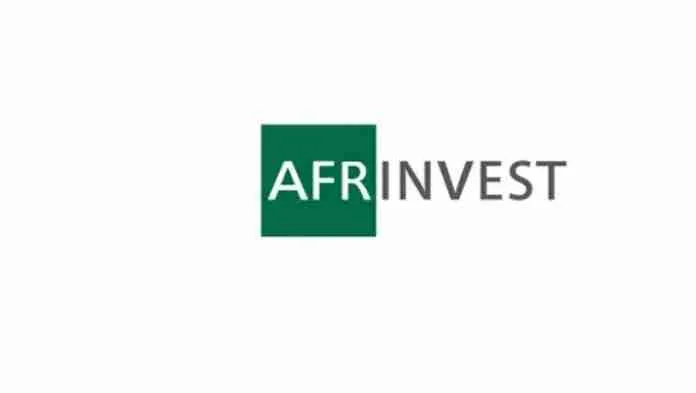The European Union (EU) has announced its decision to impose a wave of retaliatory tariffs on the United States after President Donald Trump imposed a sweeping 25% duty on all steel and aluminum imports into the country.
The EU’s response comes just hours after Trump’s move, targeting $28bn worth of American exports, including bourbon, motorcycles, and boats industries deeply connected to key US regions.
The countermeasure signals Europe’s preparedness to begin a trade war in response to Trump’s trade policies, which have ignited tensions among America’s economic partners.
Announcing the retaliatory tariffs, EU president Ursula von der Leyen labeled the US tariffs “unjustified” and warned of further escalation if Washington does not reverse its decision.
The new EU tariffs, set to take effect in April, are designed to apply pressure on industries in states that have historically supported Trump’s policies.
Trump’s steel and aluminum tariffs, which he argues are necessary to boost American manufacturing and correct trade imbalances, have been met with fierce opposition from US allies.
Unlike past measures that exempted certain nations, this latest move applies to all foreign steel and aluminum producers, including key US allies like Canada, Japan, and EU members.
While the EU has long been a major supplier of iron, steel, and aluminum to the US, accounting for nearly a fifth of American imports in 2023, the economic impact of the tariffs on Europe may be less significant than expected.
According to S&P Global Ratings, China has surpassed the US as Europe’s top export market for steel and aluminum, reducing the direct damage from Trump’s new policy. However, the EU has made it clear that it will not let these tariffs go unchallenged.
U.S business leaders have warned that escalating tariffs could slow economic growth and drive inflation, as increased costs from imported materials like steel and aluminum will highly affect American consumers.
The price of domestic steel has already jumped more than 30% in the last two months, and aluminum prices have climbed 15%, according to analysts at KeyBanc.












